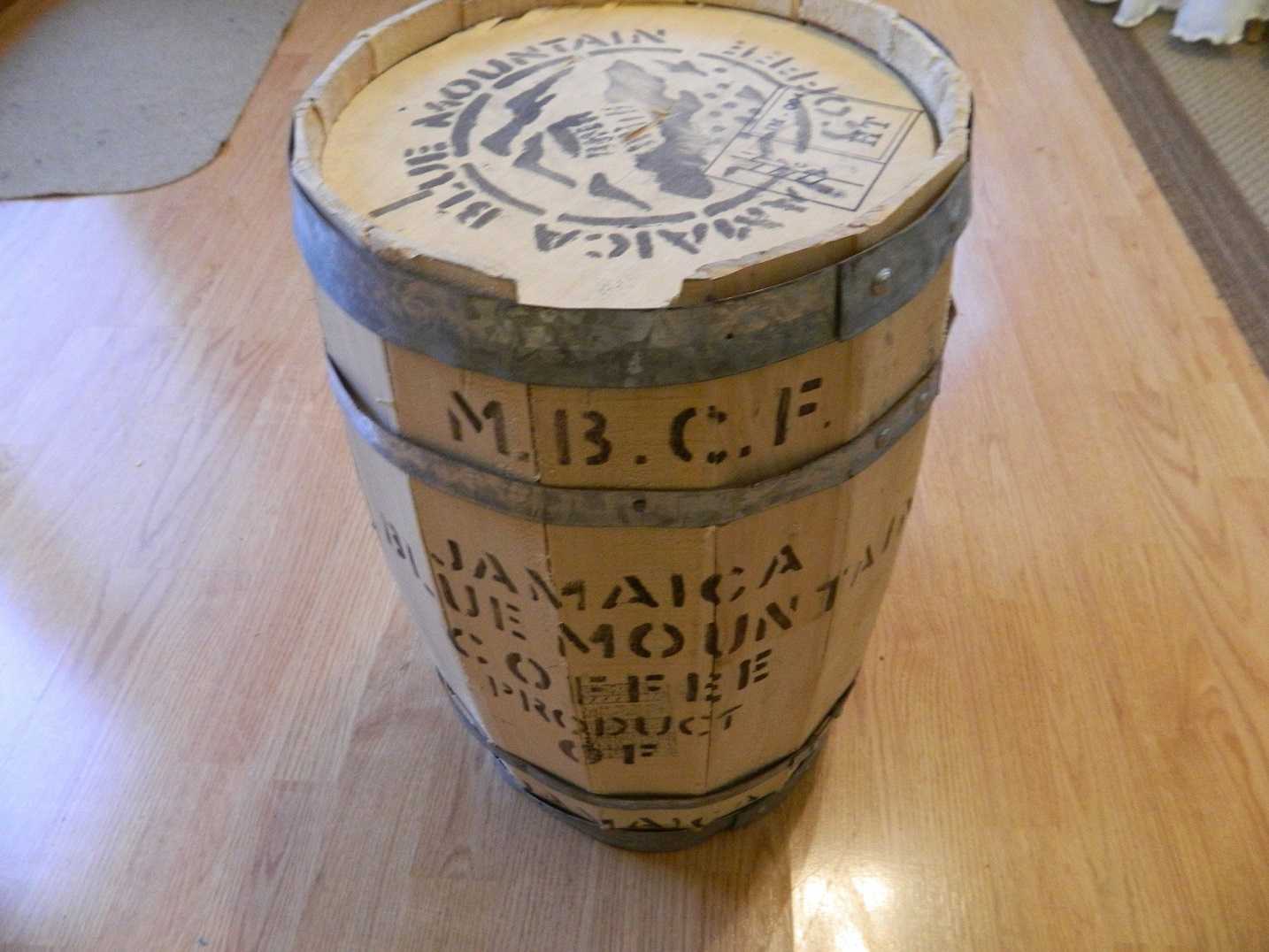KINGSTON, Jamaica – A Memorandum of Understanding (MOU) for the market study of the Jamaica Blue Mountain Coffee and the Jamaica High Mountain Coffee Sub-Project was signed on Wednesday (December 8).
The official signing ceremony between the Jamaica Social Investment Fund (JSIF) Rural Economic Development Initiative II (REDI II) and the Jamaica Promotions Corporation (JAMPRO), was held at the Pegasus Hotel in Kingston.
According to JSIF Managing Director Mr. Omar Sweeney, JAMPRO will undertake the comprehensive market study and is “expected to employ field studies and interviews with domestic producers and processors of coffee, to ascertain capacity and the challenges associated with production.”
“This MOU seeks to set out the areas for cooperation and the respective roles and responsibilities regarding the implementation of a consultancy for the development of a coffee marketing strategy, the anticipated National Yam Strategy Consultancy and any other projects eligible for funding under REDI II,” he further stated.
President of JAMPRO, Ms. Diane Edwards, noted that over the next eight months, the team will conduct validation research on the Jamaica Blue Mountain coffee markets.
“They’re going to be looking at the market and consumer trends at the distribution channels in the international market and really deciding where the best market is for us to focus our efforts. We’re a small country producing a luxury product. We have a really critical focus,” she said.
Against that background, she noted that the corporation will explore “unique market opportunities for single, fair-trade and organically grown coffee.”
“[Then] they will make recommendations to mitigate some of the challenges that I outlined in order to make production viable and sustainable and to guarantee some profitability for farmers, producers, exporters, and everyone along the value chain,” she stated.
The REDI II project is implemented by JSIF on behalf of the government. It aims to promote the development of micro, small and medium sized agricultural tourism enterprises, through reliable linkages with markets and increased capacity to manage climate risks.
Additionally, it will ensure the sustainability of the rural enterprises and productive partnerships supported by the project.


















